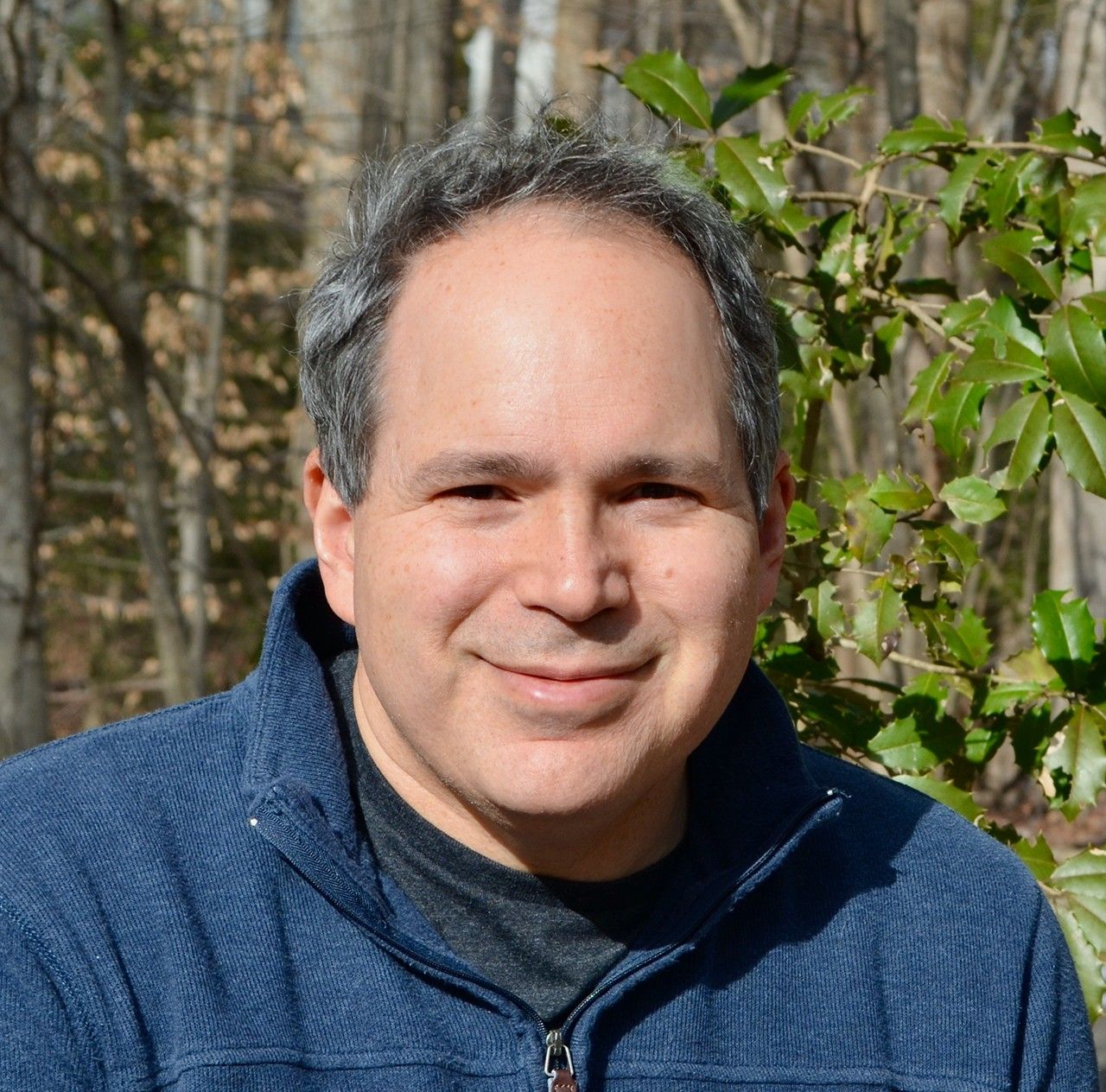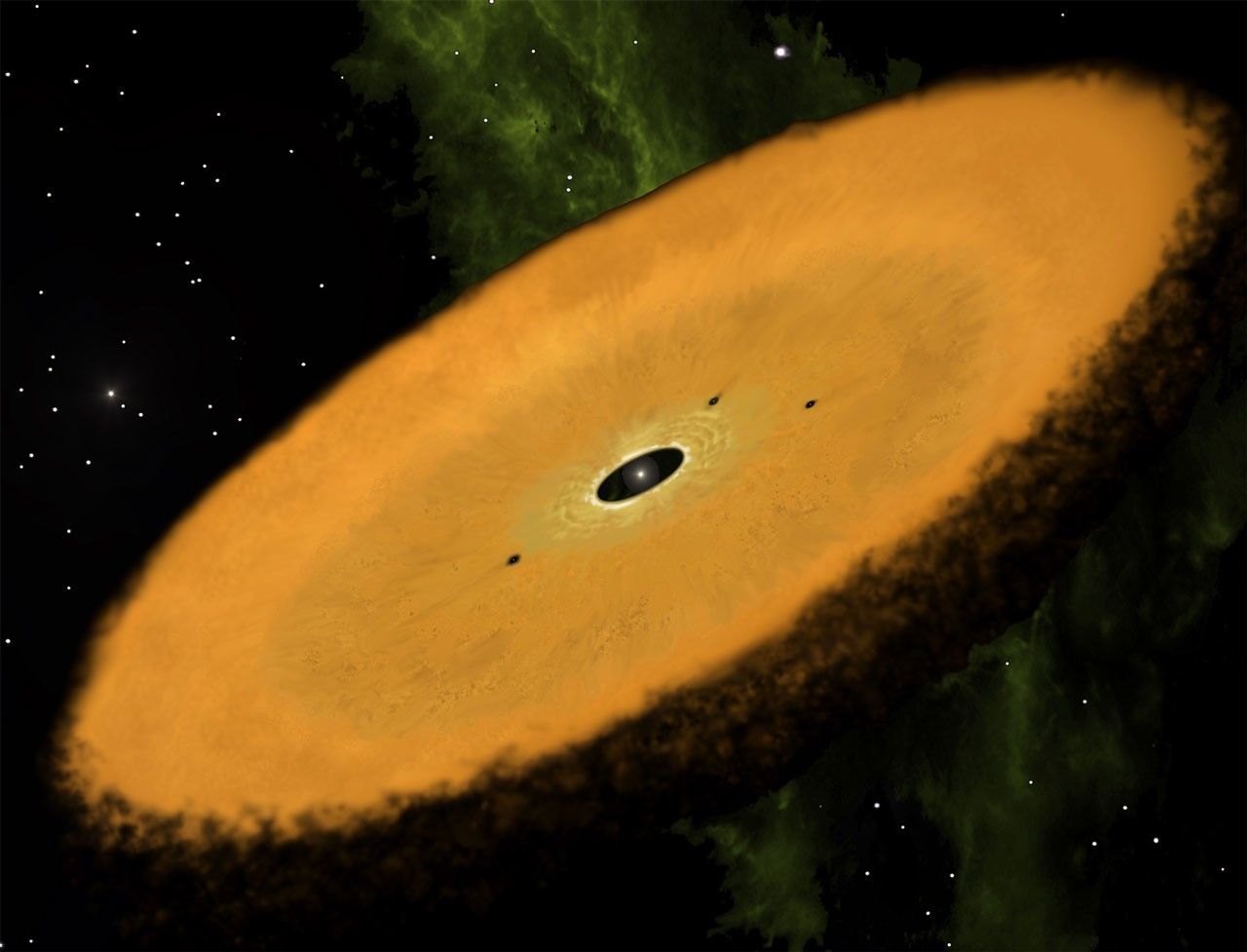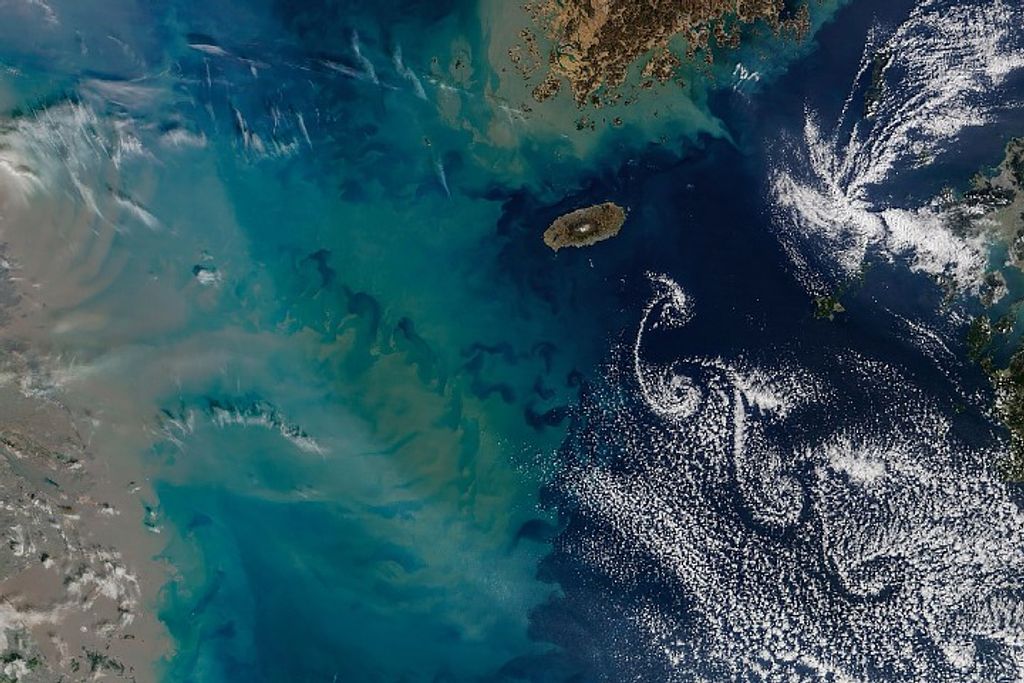
Marc Jason Kuchner
NASA Citizen Science Officer | NASA Headquarters
Contents
- Education
- Tell us about your job. What do you do?
- What is the most exciting discovery you have made through citizen science?
- What first sparked your interest in space and science?
- How did you end up working in the space program?
- What's one piece of advice you would give to other scientists curious about citizen science?
- Who inspires you?
- What have been some of your favorite projects to work on?
- What are some fun facts about yourself?
- What is your favorite space image and why?
- Additional Links
- Where are they from?
Education
Ward Melville High School, New York
Harvard University: Physics, Astronomy and Astrophysics
Caltech: Ph.D. in Astrophysics
Tell us about your job. What do you do?
I’m the Citizen Science Officer for NASA’s Science Mission Directorate. You could say I’m leading NASA’s volunteer scientist program. What’s new, of course, are the internet and the smartphone, which have made it possible to build tremendous teams with thousands or even hundreds of thousands of people – volunteers and professionals – all working together on the same science project, around the world. Altogether, NASA works with over a million citizen scientists. I also lead my own citizen science projects.
When I started meeting the passionate and talented citizen scientists, I got hooked.- Marc Kuchner
What is the most exciting discovery you have made through citizen science?
2021 was a big year for the Backyard Worlds: Planet 9 project – we discovered most of the known really cold brown dwarfs! These are objects similar to the planet Jupiter in that they float around in space without another star to orbit. We think they hold the key to understanding the distinction between planet formation and star formation.
But really, the most exciting discoveries for me in citizen science are the citizen scientists themselves. They dazzle me every day with their skills, their dedication to science, and their new insights. Many of our volunteers have become long-term colleagues, scientific leaders in their own right, and personal friends.
What first sparked your interest in space and science?
Even though I came from a background of privilege and education, I still vividly remember the first time I met an actual physicist, and the first time I met an actual astronomer. I grew up going to science museums and talking about science with my parents. But having a real scientist in front of me, talking about science with me, made the dream suddenly seem attainable. I wish I could create moments like that for everyone.
How did you end up working in the space program?
I got interested in making images of Earth-like planets around other stars. I first joined NASA in 2006 to help with the quest.
What's one piece of advice you would give to other scientists curious about citizen science?
Ask yourself: what new science would you do if you had 10,000 helpers? My sense is that whenever there’s big data, there’s a need for citizen scientists, either to make sense of that big data or to collect new data to explain what’s in the first data.
Who inspires you?
King Arthur is my science hero. He sat with his knights at a table that was round to show that everyone would be considered equal. Now I get to work on building a round table for NASA science.
What have been some of your favorite projects to work on?
For my first citizen science project, I worked with the citizen-science platform Zooniverse to create Disk Detective. It took me three years to find funding for it. But when I started meeting the passionate and talented citizen scientists, I got hooked. Now, this is my favorite way to do science. I run a project called Backyard Worlds: Planet 9 and it’s even more addictive. If you’re an old-fashioned hermetic scientist, give citizen science a try! You’re in for a treat.
What are some fun facts about yourself?
I play the drums and write three-minute pop and country songs. My songs have been heard on VH1, MTV, BET, and PBS.
What is your favorite space image and why?
Some of our citizen scientists are also talented artists! Jonathan Holden made this image of a “Peter Pan Disk” for the Disk Detective project. It now hangs in the University of Michigan Museum of Natural History.

The JunoCam project also showcases astounding images made by citizen scientists.
Visit the complete collection of NASA citizen science projects and start contributing today!
Additional Links
Where are they from?
Planetary science is a global profession.



























